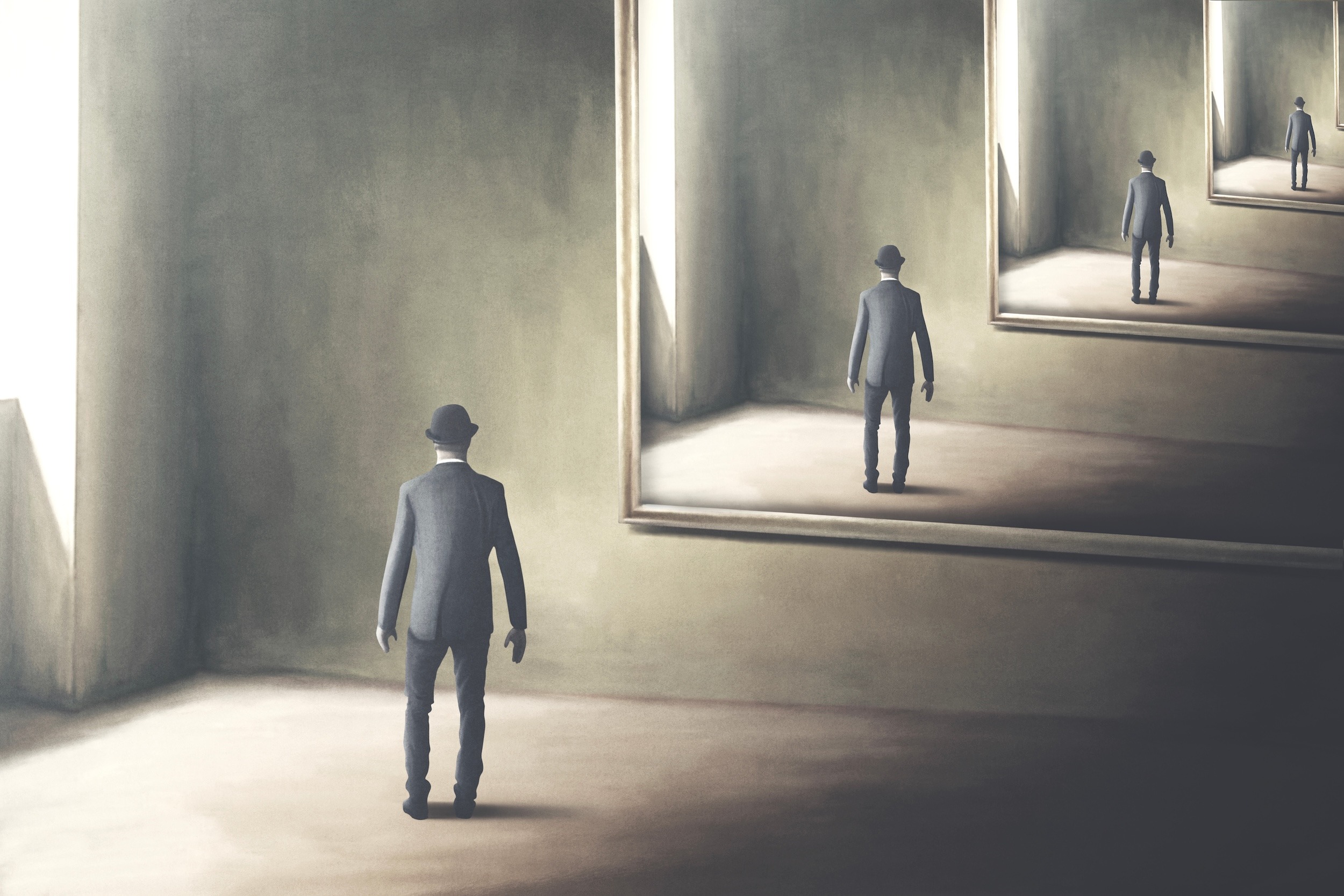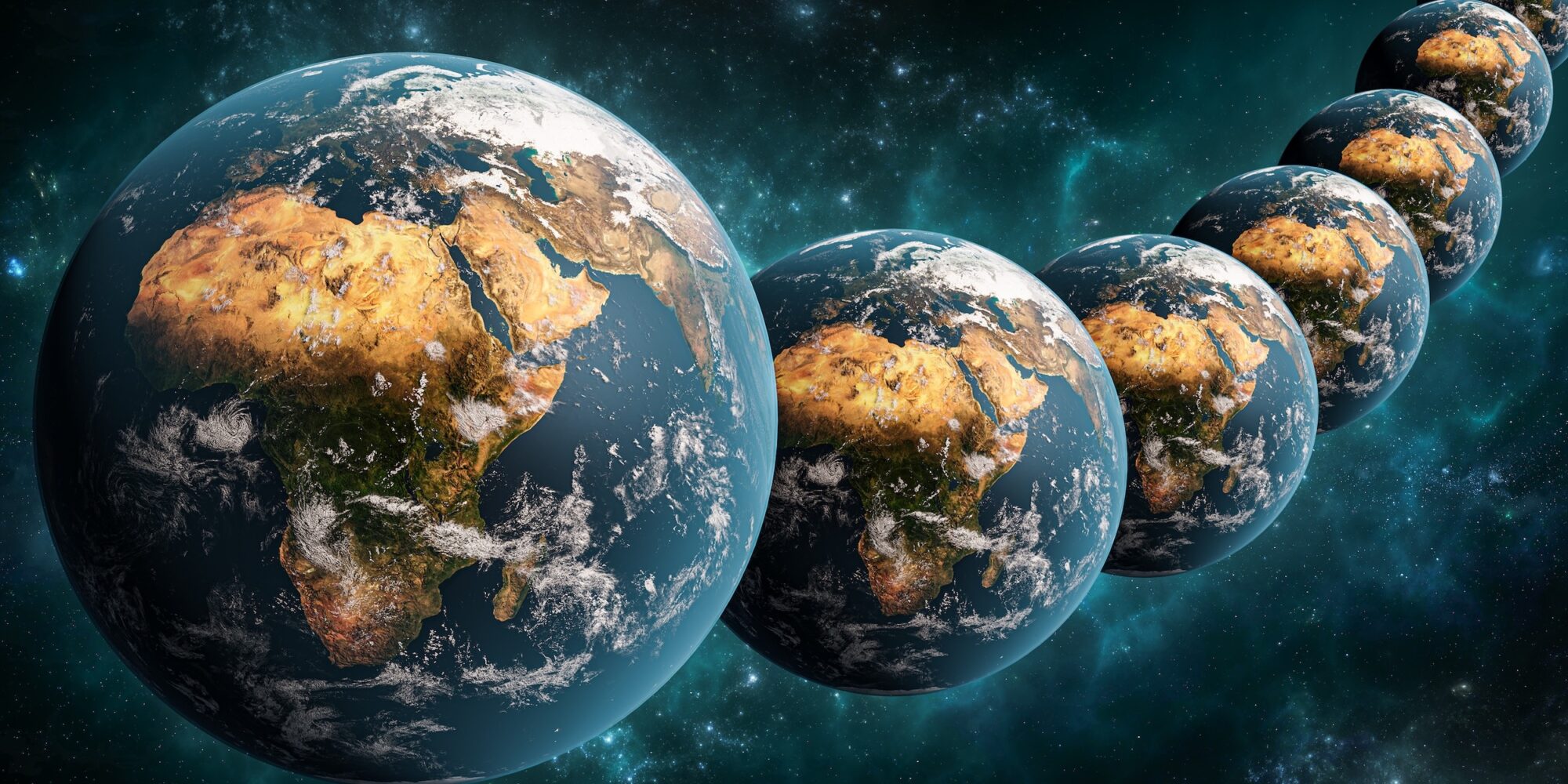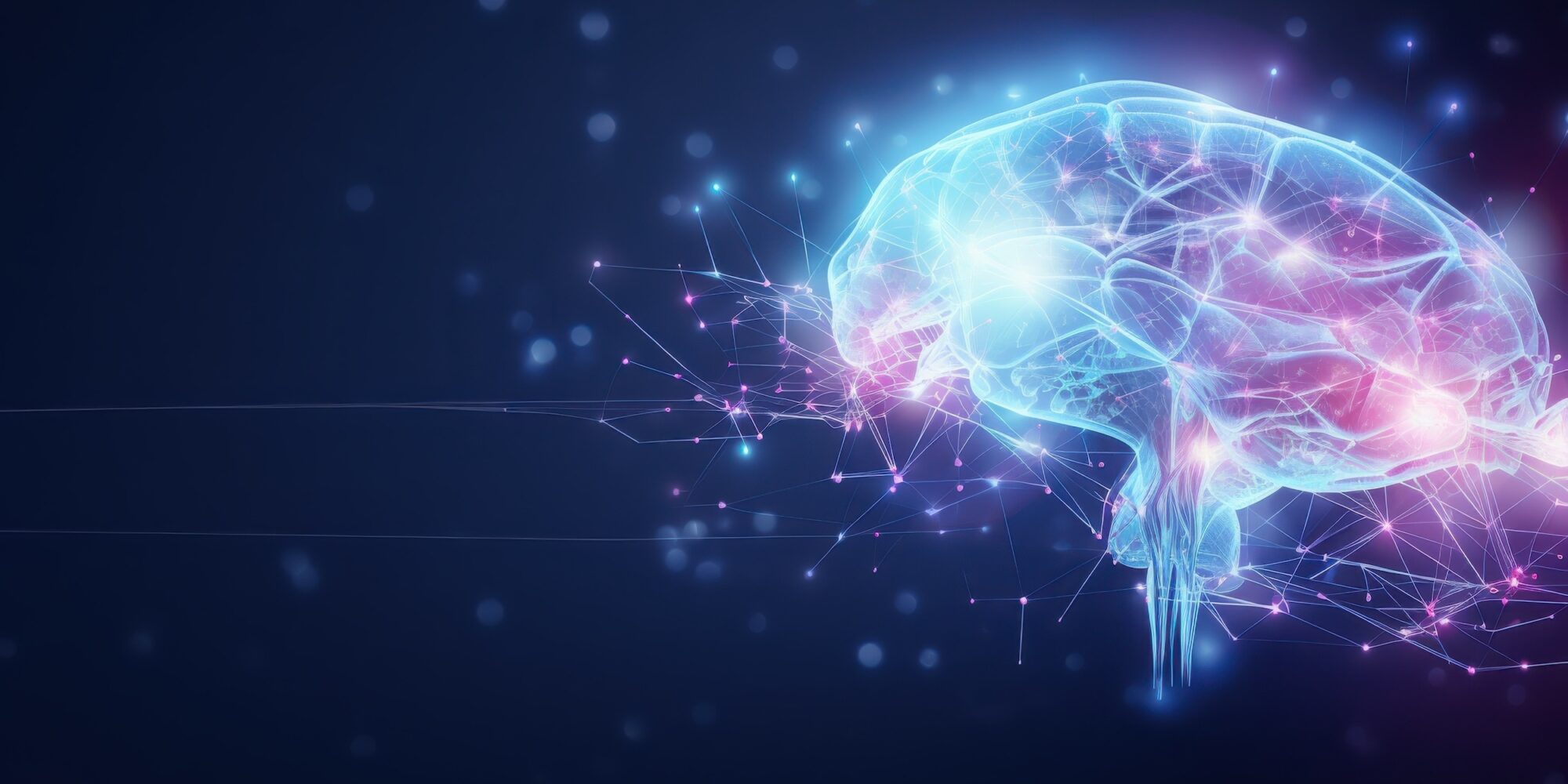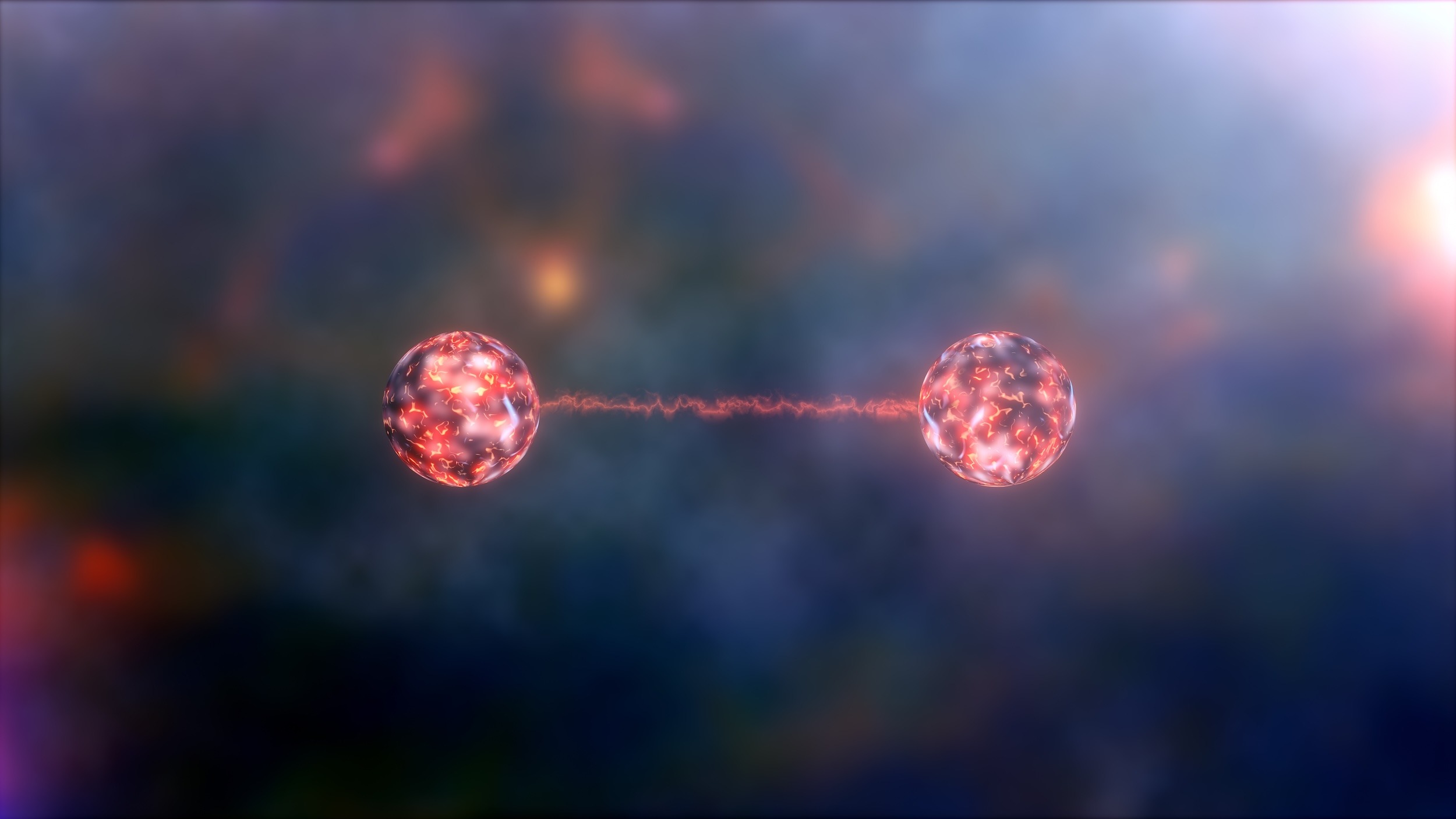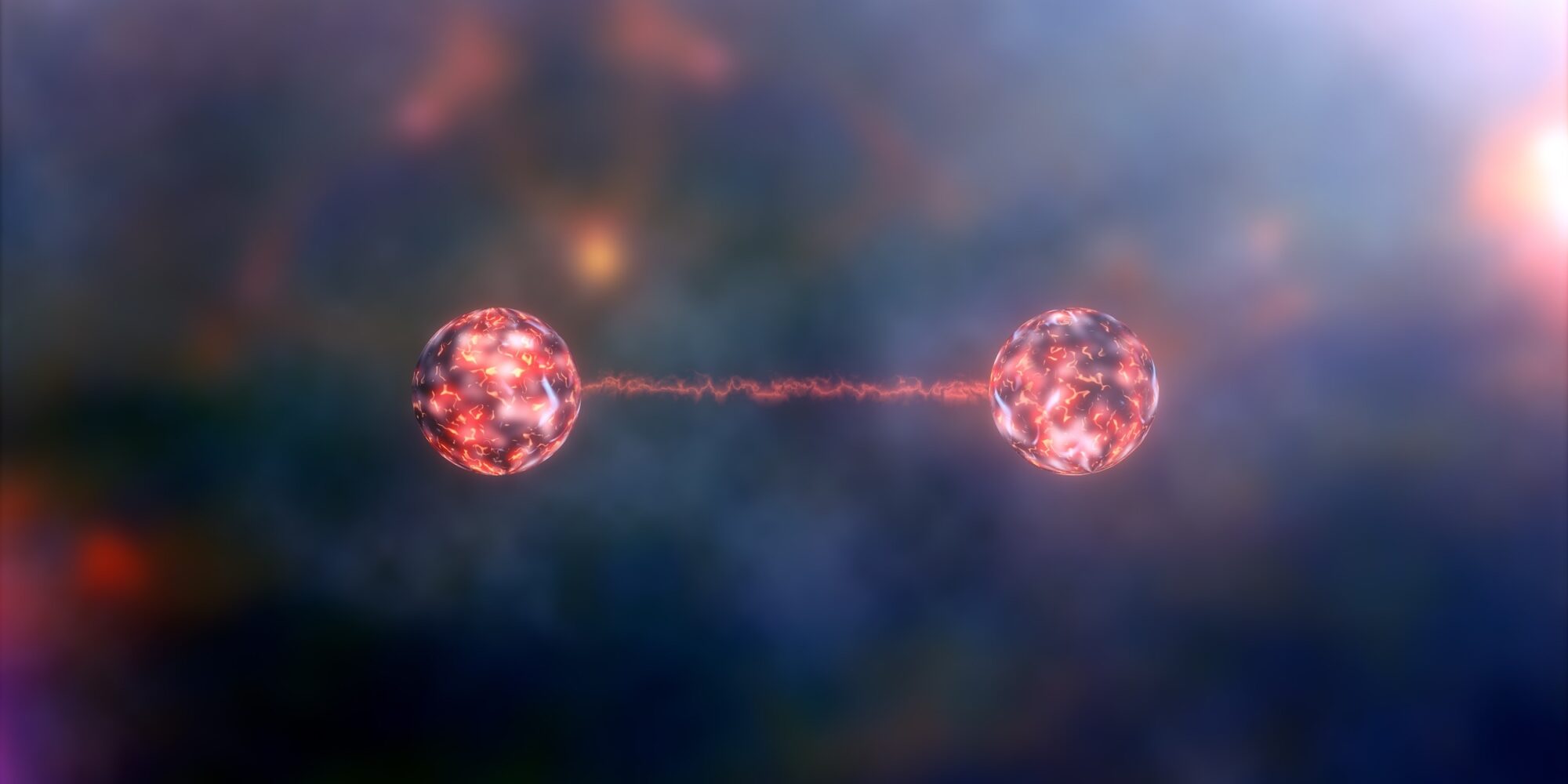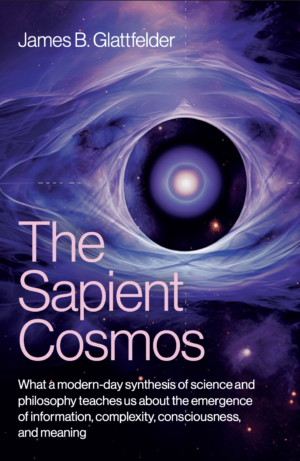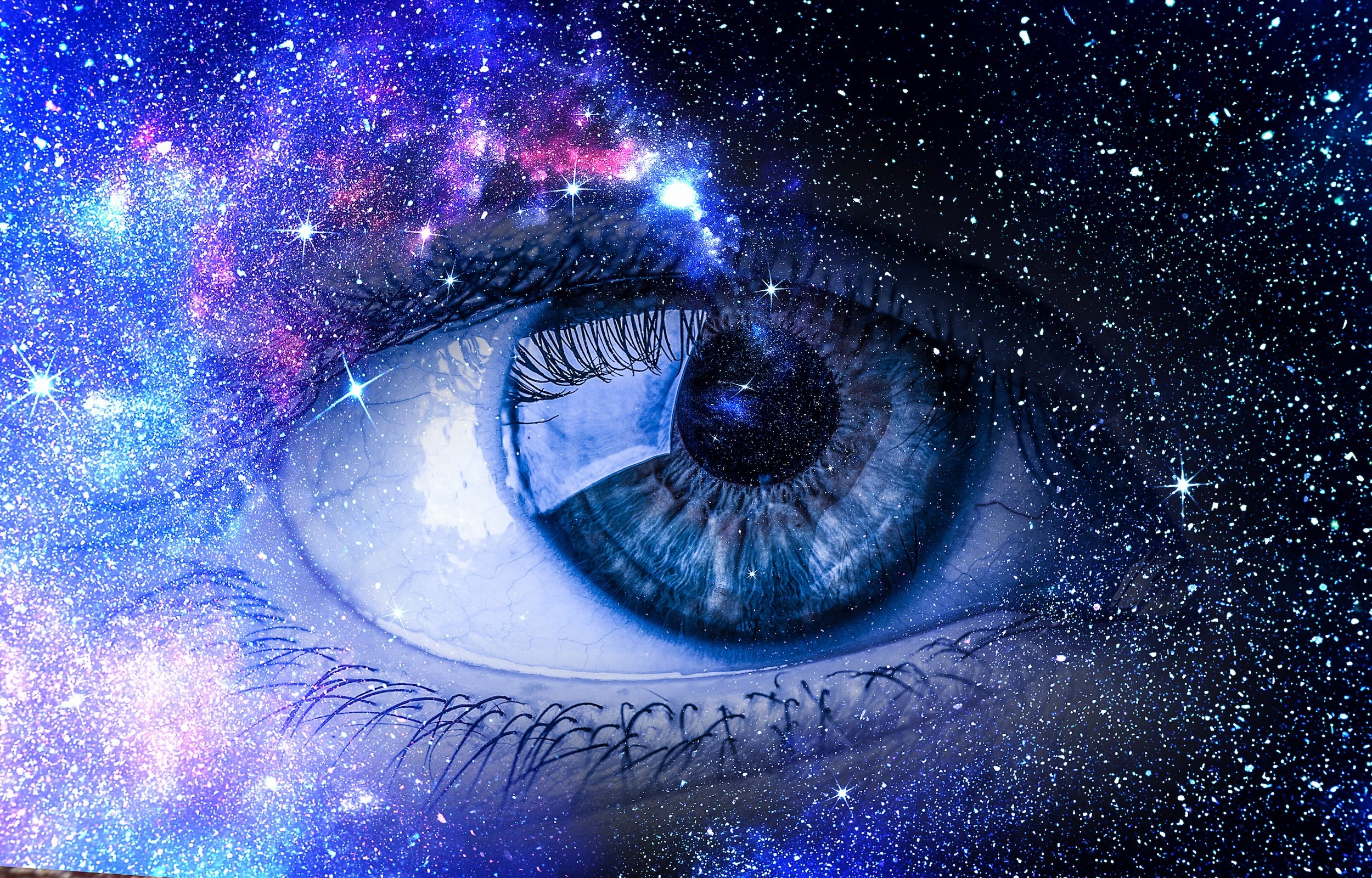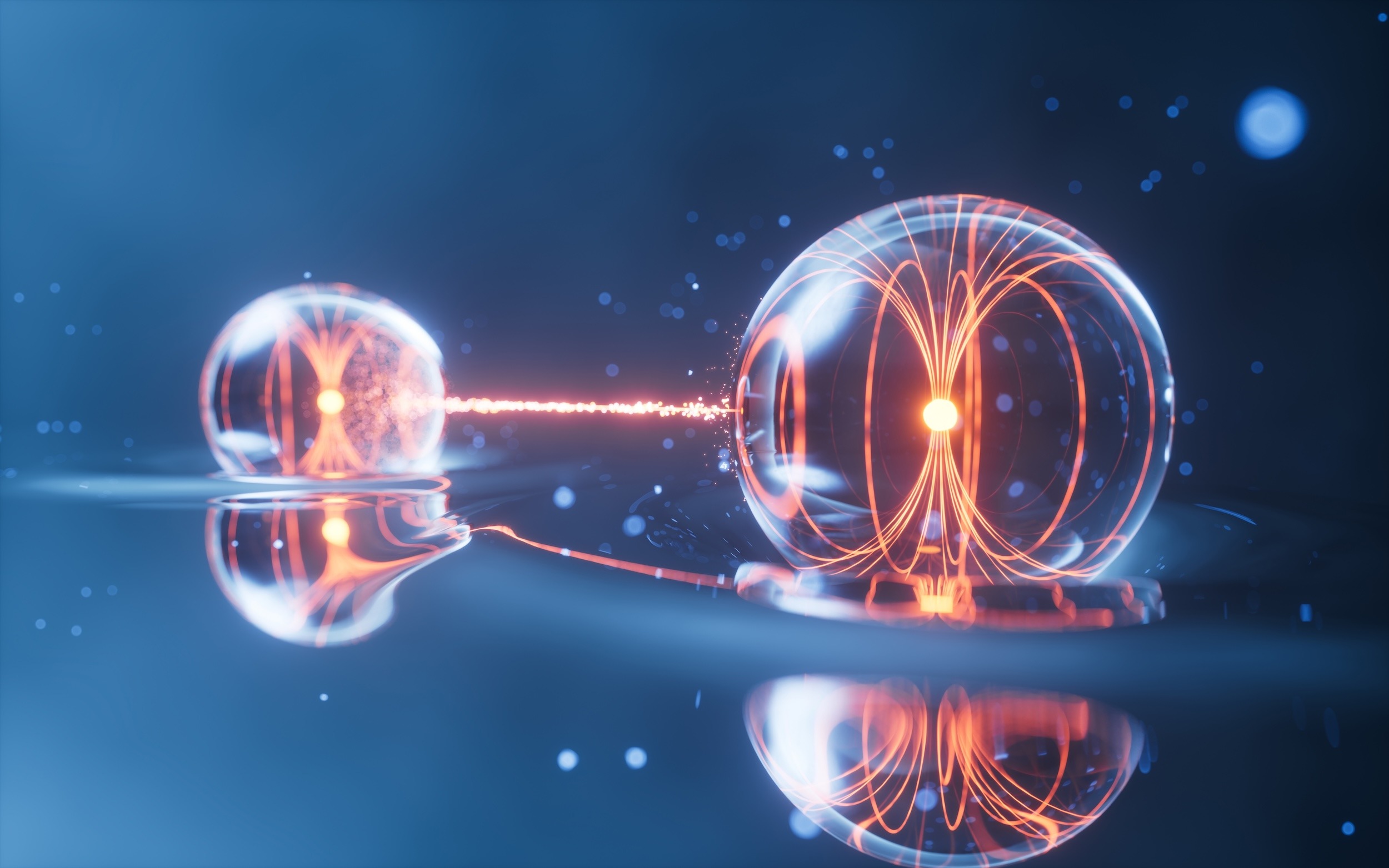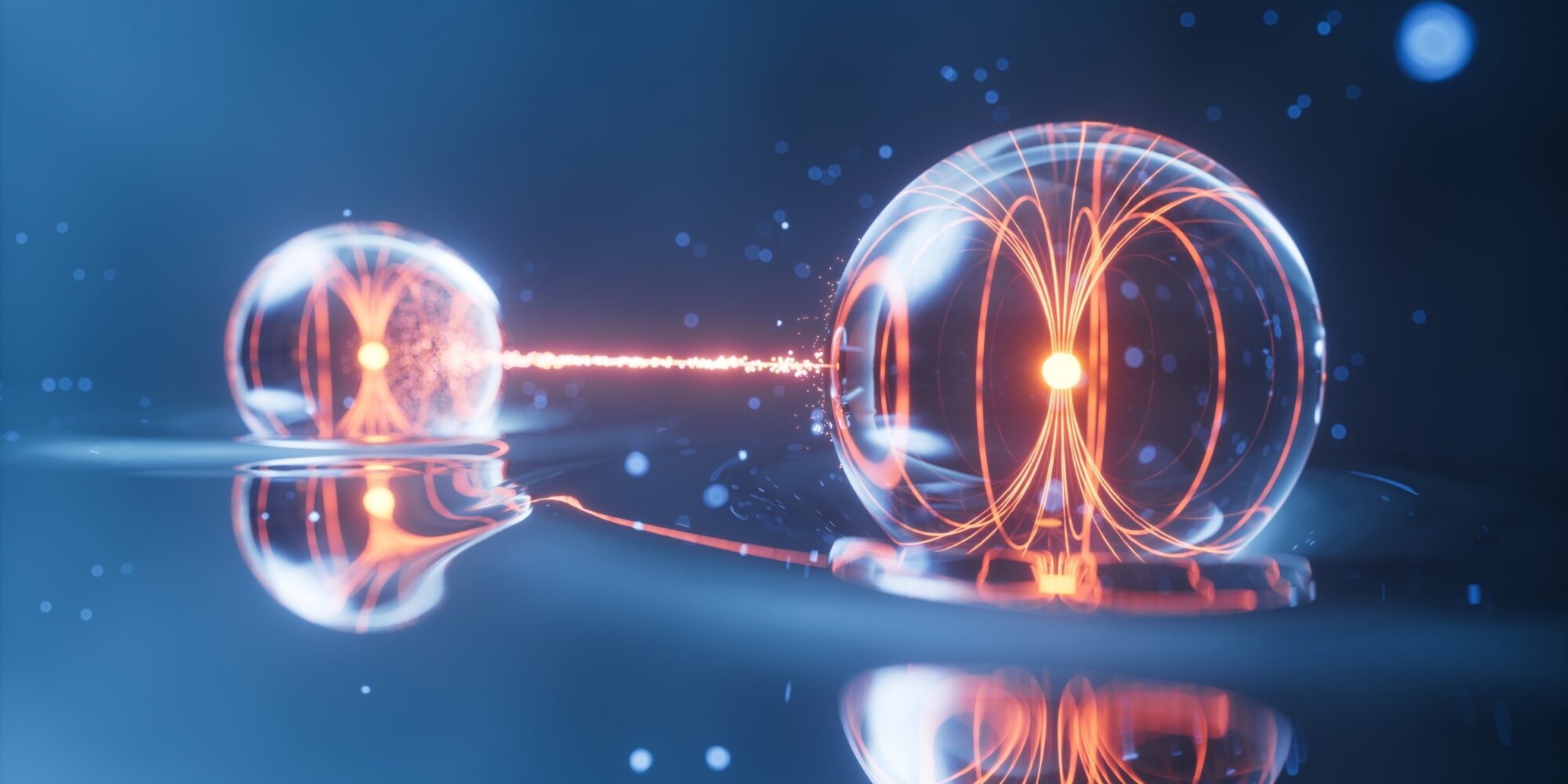There is no absolute physical world independent of observation
Seeing | Quantum Physics | 2025-07-04

Hans Busstra and Dr. Lídia del Rio talk to Dr. Matthew Leifer, Assistant Professor of Physics at Chapman University, about the epistemic interpretation of quantum mechanics. Classically, when physicists call themselves ‘realists’ they mean that we should assume that a physical, observer-independent universe is fundamental. But if this counts as realism, anti-realism is perhaps the more respectable position. Leifer points, for instance, to ‘Bell-Wigner mashups’: thought-experiments that entangle different observers to arrive at disturbing consequences; for instance, that there is no ‘absoluteness of facts’ for all observers, in a classical sense.
Our previous video on the Frauchiger-Renner thought-experiment with Lídia del Rio:
Selected publications by Matthew Leifer:
Leifer, Matthew S. “Uncertainty from the Aharonov–Vaidman identity.” Quantum Studies: Mathematics and Foundations, vol. 10, pp. 373–397, 2023. PDF/Abstract (arXiv) mattleifer.info+12mattleifer.info+12arxiv.org+12
Catani, Lorenzo; Leifer, Matthew S. “A mathematical framework for operational fine tunings.” Quantum, vol. 7, article 948, 16 Mar 2023. PDF/DOI/ArXiv mattleifer.info+1quantum-journal.org+1
Catani, Lorenzo; Leifer, Matthew S.; Scala, Giovanni; Schmid, David; Spekkens, Robert W. “What is nonclassical about uncertainty relations?” Physical Review Letters, vol. 129, iss. 24, 2022. Abstract (via arXiv) chapman.edu+8arxiv.org+8mattleifer.info+8
Leifer, Matthew S.; Duarte, Cristhiano. “Noncontextuality inequalities from antidistinguishability.” Physical Review A, vol. 101, iss. 6, p. 062113, 2020. PDF/Abstract (arXiv) fetzer-franklin-fund.org+2mattleifer.info+2arxiv.org+2
Timestamps:
0:00 Introduction
3:06 What is classicality?
5:56 Classical information vs quantum information
11:42 Experimental metaphysics
14:18 Metaphysical implications of Bell’s work
18:42 What is realism?
21:51 Realism vs anti-realism
25:58 The internal realism of theories
29:51 How the public understands quantum mechanics
32:14 Interpreting quantum mechanics is like tightrope walking
34:51 On naive realism
38:41 How would you define physicalism?
44:33 On mind and consciousness
48:19 Panpsychists have physics-envy
49:25 It’s unclear what the Copenhagen interpretation is…
56:54 On the quantum-classical cut
1:09:29 Craziness derived from sensible premises
1:14:50 Why ‘for all practical purposes’ is not a solution
1:21:44 On Bell-Wigner mashups
1:30:37 What constitutes an observer?
1:33:53 Matt on the meaning of quantum mechanics and the limits of physics.





